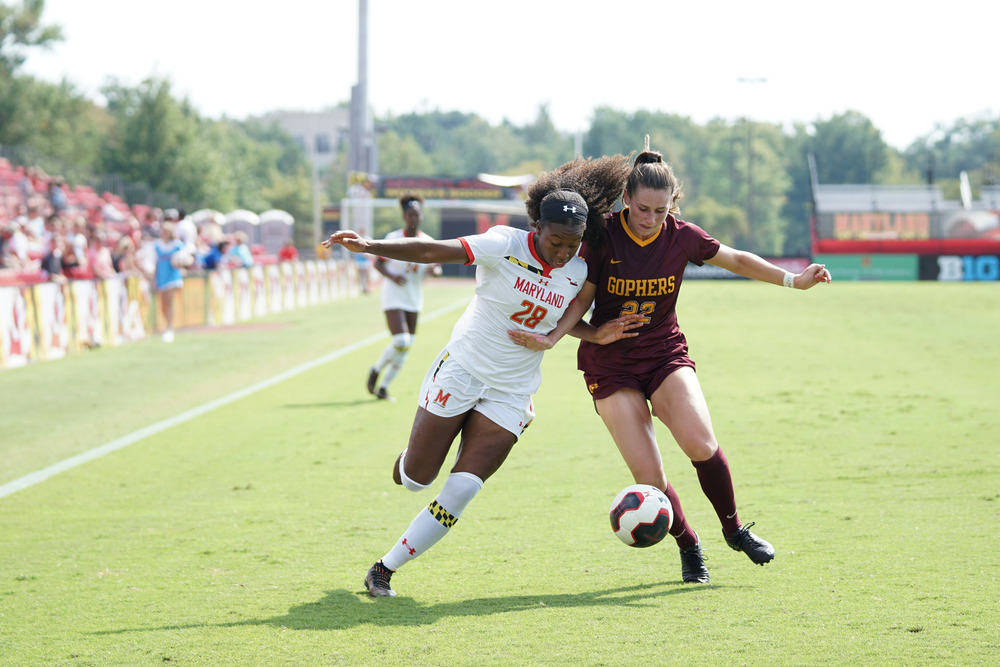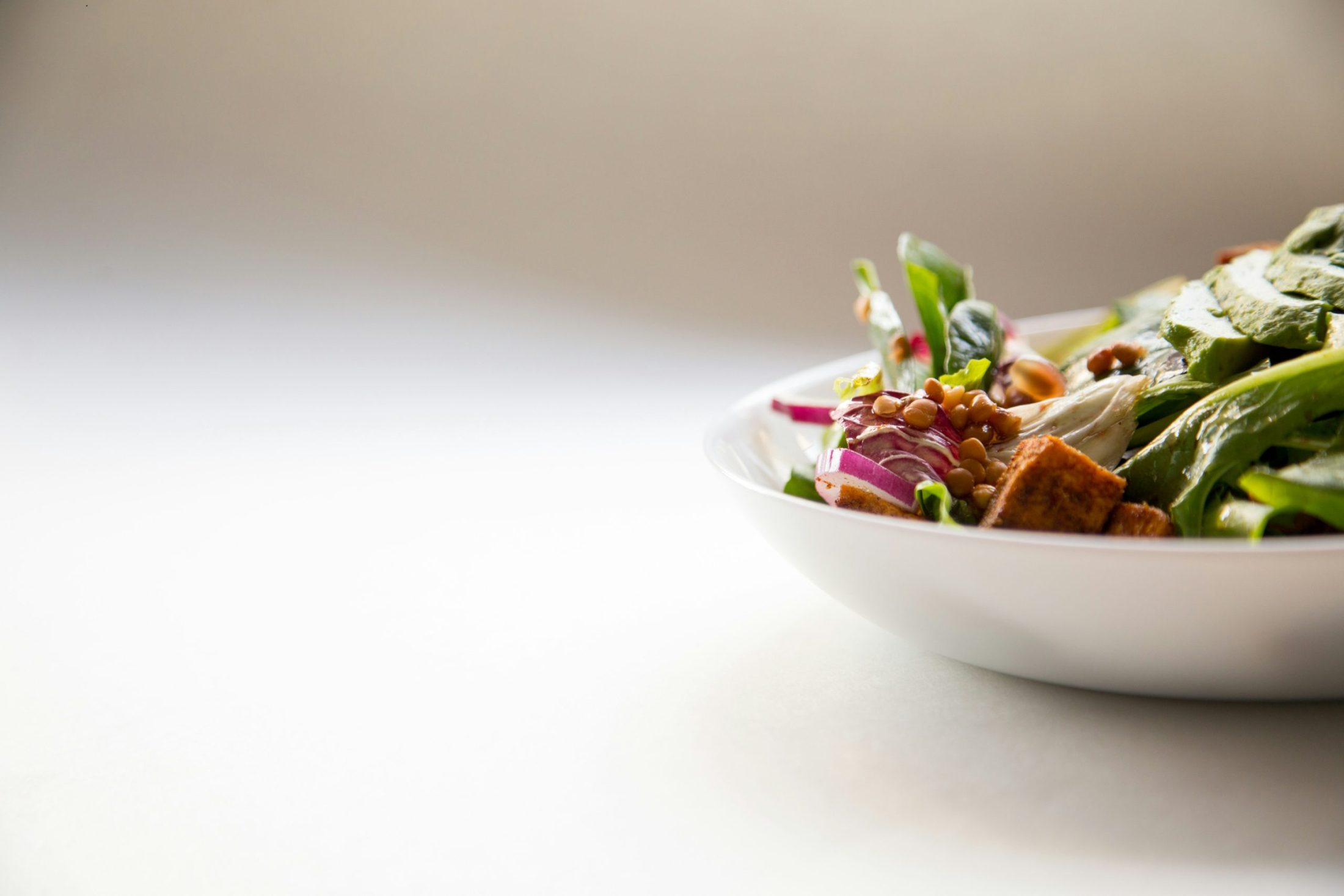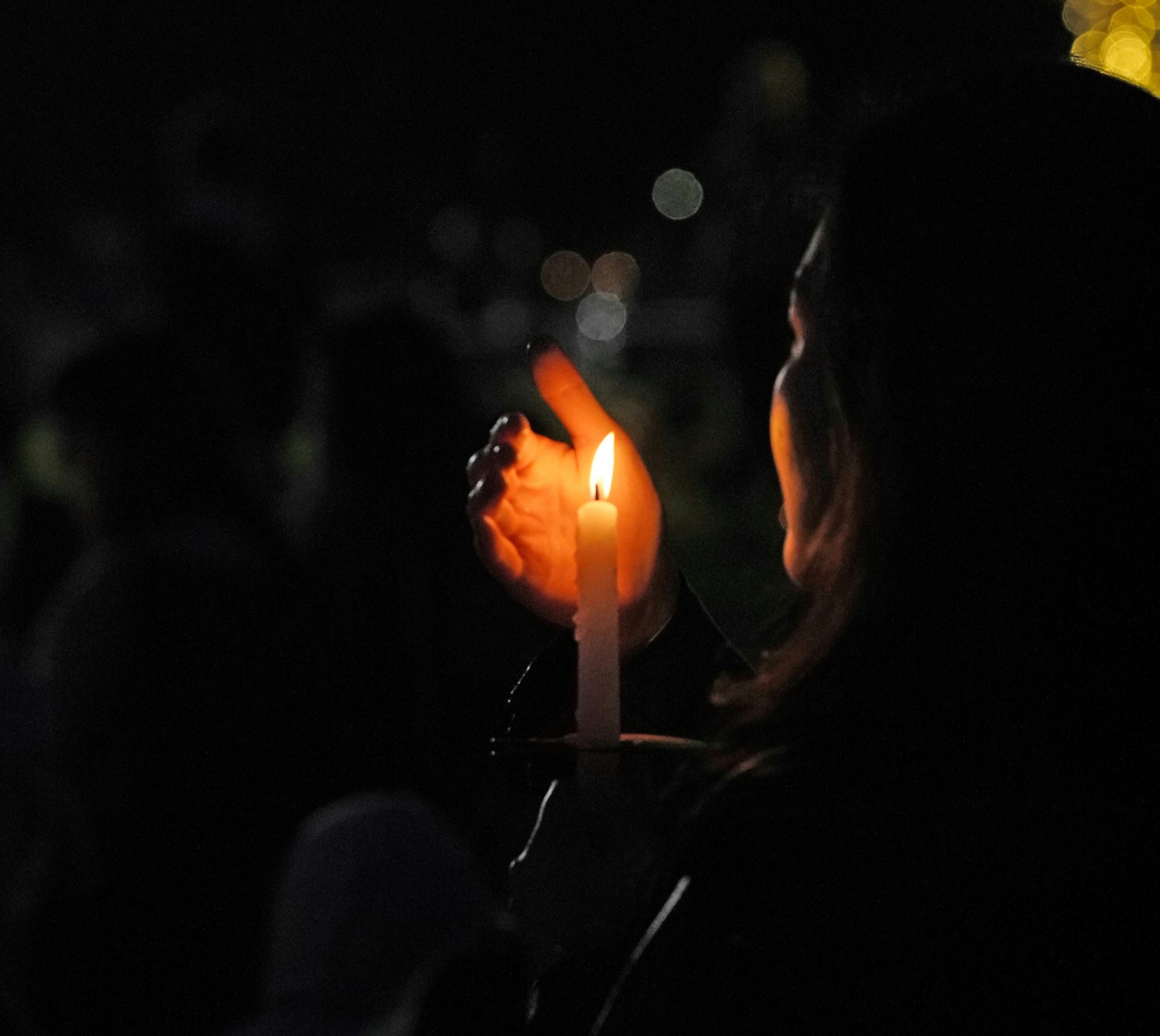Interviews
“Early Sobrieties” is Not an Addiction Novel
When he quit drinking, Michael Deagler was disappointed to find a lack of novels about recovery, so he wrote one

Early sobriety is a very unique, specific flavor of life in which you suddenly have yet to catch up with the exterior world. You’re a skinned grape rolling around among others who’ve grown safe, comfortable exoskeletons in the time you spent drinking. How did they do it? How do they do it? How do I do this—and can I, really? These are some of the questions explored in Michael Deagler’s debut novel, Early Sobrieties, and questions that I, who also got sober in Philly, like Deagler’s narrator, and Deagler himself, acutely remember wondering.
Early Sobrieties follows 26-year-old Dennis Monk as he returns to the place of his active addiction—to the South Philly rowhomes of his old friends, ex-girlfriends, and potential new ones; the freshly bulldozed parking-lots-turned pop-up beer gardens; and the roof he was once locked out on all night (with good reason). He might be a little aimless, but has a purpose, not to make any 12-step amends—though kind of, without the AA program part. Monk wants to know whether he still belongs to this city, and to these people, and they to him. It doesn’t always look like the place he left, but he doesn’t really feel like the person who left it.
Micheal Deagler and I spoke over the phone about the difference between writing a novel about addiction and one about recovery, the importance of avoiding narrative clichés of substance abuse, and what sobriety can do for a storyteller, and his protagonist.
NV: Early Sobrieties has a lot to do with relationships, while active addiction is mostly about isolation. Was this a comparison you sought out, or did it come naturally to Monk’s story?
Michael Deagler: I think, from a craft perspective, having other people around makes the story more interesting. It’s a big driver of plot development and tension.
Before I wrote this book, I wrote a lot of stories that were more about active alcoholism and addiction. I was especially interested in the kind of dynamics of male friendships and how they can be kind of codependent or have a negative influence, especially when it comes to violence, substance abuse, and stuff like that. So, in a lot of ways, this project was meant to be an evolution. If this character is sober now, how do these relationships change? To what extent do they still function as relationships that can continue into the future?
Some of the chapters deal with him encountering these people who he knew in that capacity before, but others push into new areas—like having conversations with your family that you maybe haven’t been having, or reconnecting with people who you haven’t seen in a long time. The experience of sobriety is that you’re at a reset with everyone. Certain people disappear from your life, but others may reappear, even temporarily.
NV: It feels as if he never thinks he deserves the people in his life, even the shittier friends. I’m thinking of Dogman in “New Poets,” who makes a newly sober Monk drive him around while he’s wasted and looking for drugs. Monk gives everyone in his past a lot of grace. Does he leave any for himself?
I was interested in the dynamics of male friendships and how they can be codependent or have a negative influence, especially when it comes to violence and substance abuse.
MD: I think he definitely struggles. There’s a certain amount of self-loathing, either as an underlying cause of addiction or as a result of it, since you keep doing things you wish you weren’t doing, and that doesn’t really go away immediately. It’s sort of cliché, but so much of the recovery process is learning to forgive yourself. For a lot of the book, Monk hasn’t forgiven himself yet, so he has this very bifurcated relationship with everyone where on one level, he’s extremely grateful to have anybody still in his life, but at the same time, he’s easily annoyed by people because he doesn’t quite jive with them for various reasons.
NV: Right. It’s like the first time you hang out with drunk friends when you’re newly sober, and you’re like, oh, so these are my friends.
MD: Yeah, it’s tough because you need people but haven’t learned to be around them yet. That’s another thing, the most dangerous person to be with is yourself. When I got sober, I would be so happy to just sit at a table with anyone and hear them talk about anything just because it was much easier than sitting alone in a room, trying not to drink.
NV: In what ways would you say the Monk that we have access to is different from the active alcoholic he was before the book began, aside from the removal of the substance?
MD: He has a deeper self-awareness. He’s forced to sit with himself. When writing about addiction from a plot level, it’s very easy to write a character who’s never forced to confront the deeper things because the drama of addiction is at the surface level. And that’s how addiction is: you’re burying or masking whatever you don’t want to deal with under it.
Once you go to the dark place and come back, you’re a different person. Everything is lived in the aftermath of active addiction.
Active addiction is very dramatic and sort of sensational, but sobriety is boring. It’s not loud and colorful and violent and sexy, the way addiction narratives can be. So as a writer, you’re challenging yourself to find the drama in this activity which is so internal and based on the absence of something.
I wanted to write a book where the threat of relapse does not hang over him. In an earlier draft, there were no flashbacks. We knew very little about his active addiction or what he did at that time because I wanted everything to be in the present, not just a book about him reflecting on past things. I wanted there to be action because I think good fiction operates that way. Eventually, I had to include a little bit of a window into his previous activities to give the reader more context, but I wanted this book to be about the experience of sobriety rather than a long appendix to an addiction story.
NV: There are many addiction narratives that serve to shock a reader without doing the work of producing real sentiment, and/or that follow an expected pipeline of rock bottom to recovery. You avoid these clichés. Do you think about them as much as I do?
MD: It’s interesting because I quit drinking, but I’m not in AA and never have been. So a lot of that cliché stuff, to me, is rehab, 12-step programs, sponsors, and meetings, which is not actually part of my experience. I know so much about it or feel like I know about it, because of how often it is depicted in the culture, film, and television especially. But your job as a storyteller is to break out of the expected stuff and give the reader something new. I think for a lot of people it’s far less interesting. There’s sort of a glamor to addiction and a romance to it that I think is bad for people, especially young people.
Before I got sober, I was reading a lot of addiction narratives because they were obviously interesting to me. And then after I got sober, I noticed it did seem like there was a dearth of sobriety fiction, at least that treated sobriety as an active, interesting, complex process, and not just the resolution of something.
The interesting thing to me about sobriety—which I now understand is like part of pink clouding and stuff, is that you’re like, really happy a lot of the time. Everything seems incredibly beautiful, and you’re very emotional, but you also have these moments of depression and confusion and so much regret. And the need to explain yourself, but also the inability to explain yourself. Sobriety is the interesting part, not the active addiction. It all seems much more rich and psychological.
NV: In “Old Cities,” Monk experiences an emotional turning point when he returns to a place and a memory that might’ve otherwise remained forever lost. This shameful past event confirms his desire for sobriety, and we see it from the perspective of a newly sober Monk. Can you talk about how you approached this flashback, one of very few in the book?
MD: Originally, that was a story I could never really get to work. It used to end when they were climbing the stairs to go into Georgina’s apartment. It just ended there, and none of the stuff about being locked on the roof was in the original story. It wasn’t a good story, but it was because, in that first draft of the book, I was very adamant about not having any flashbacks.
Like I said, I wasn’t in AA, I was just kind of living my life for a long time, like okay, I’m sober now—I’m writing stories about it, but not engaging with it so much. And then I got good health insurance and went to see a therapist for the first time in my life. One of the things that my therapist helped me realize was that I never wanted to talk about actual incidents from when I was drinking. She was like, you can’t just not engage with this stuff. Even if you think the specifics don’t matter, the fact that you’re never allowing yourself to look at any of it is getting in the way of moving beyond it. And of course, because I care about being a writer more than about my mental health, I was immediately like, oh shit, I can’t write a book about sobriety and just completely ignore active alcoholism.
The worst aspect of drinking was waking up the next morning and being like, I don’t know what happened, what I did, but feeling the negativity of it.
This is a moment where this can come up for Monk because that stuff happens, you walk to a place, and it’s like, oh, I was like shit-faced here one time, and sometimes you like, don’t remember it until you’re there, and then you get these weird sense memories. That was the worst aspect of drinking—waking up the next morning and being like, I don’t know what happened. Everybody’s pissed at me. That feeling of not knowing what you did, but feeling like the negativity of it. In fiction, you need to write toward those moments of high emotion and toward the things that are difficult to write about both emotionally and because you almost don’t know enough about them to write about them.
NV: I dog-eared and underlined these lines: “… blackout drunk, which isn’t sleeping and isn’t awake, but a third state, the one I must have preferred on some subconscious level, though what I liked about it, what I did while I was there, was always a mystery to me the next day.”
They encapsulate active alcohol addiction so well. It’s not just that mysterious escape hatch from life, it’s also shameful, boring, and repetitive. Like, that wasn’t the only night Monk felt that way. It feels deeply true.
MD: I’m happy to hear you say that.
NV: By the end of the book, do you think Monk has found a new third space between sleep and awake—not through the escape hatch but in his transitory state, the acceptance that one more day is all you get—or do you think he’s wide awake now, whatever that means?
Active addiction is very dramatic and sort of sensational, but sobriety is boring.
MD: That’s a good question. I never made that connection before. I think it’s a third state because once you go to the dark place and come back, you’re a different person. Monk can never be pre-addiction or never-addicted. Everything is lived in the aftermath of active addiction. He’s aware of what the stakes are and committed to continuing on. It’s easy to slip into the lingo where he’s like, you know, committed to doing the work. But he wants to be sober, and he’s starting to realize how to get out of his own way.
NV: It’s like Monk says, “Three months earlier, I’d given up meat. Two months earlier, I’d given up cigarettes, I might start again with either of them. It was impossible to know. I’d just turned twenty-seven.”
Sobriety is shaky; nothing is for certain, and anyway, you don’t just quit drinking and instantly get better. This story does not have a perfect bow at the end, which is what makes it feel real. It avoids the biggest cliché: the full recovery.
MD: Yeah, it’s like even if he’s sober forever, you can be sober and still not be happy. It just puts you at the same level as everybody else, you know? You still have to do everything that everybody does to have the life you want. You’ve climbed back to baseline. Anything more than that is still work.









